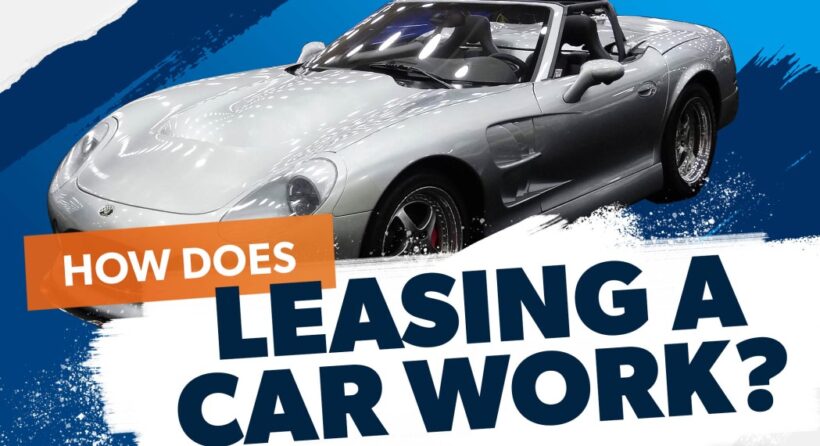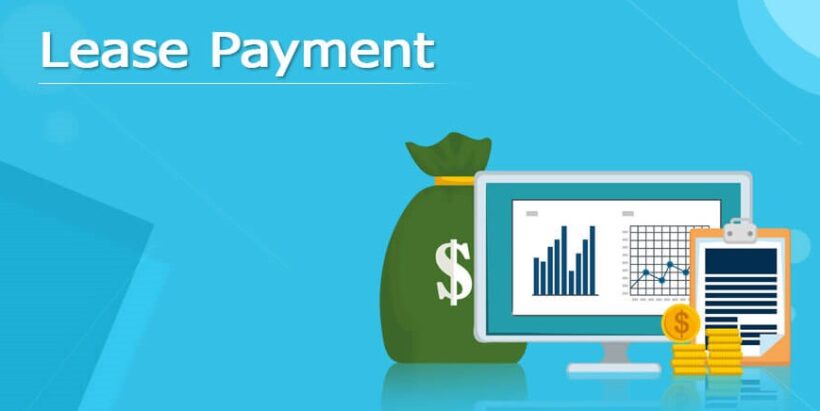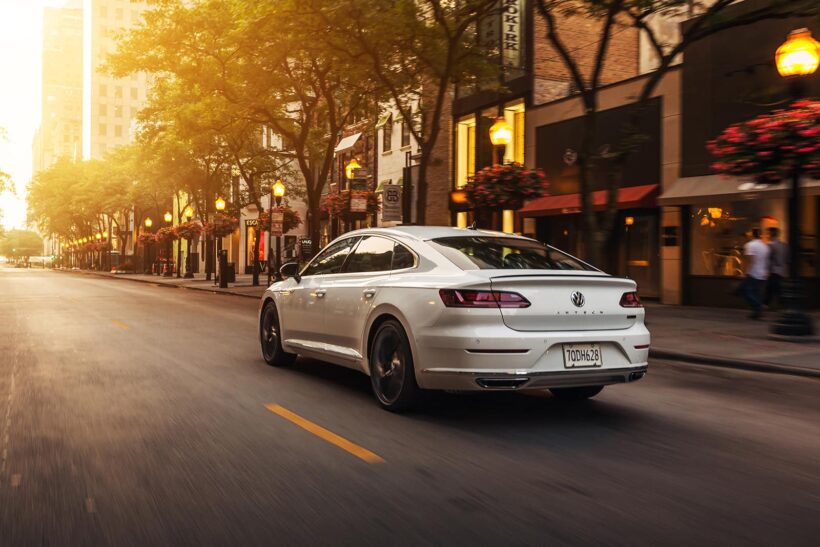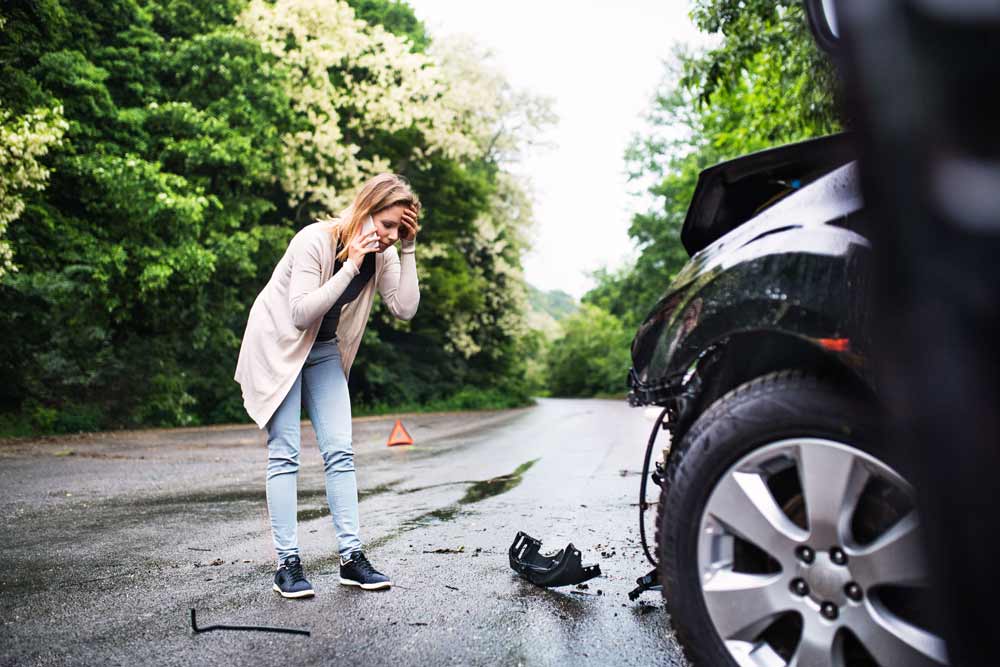Leasing a car sometimes works better than buying one outright. Maybe you like a particular car model, and you feel that you’ll enjoy having a newer-model vehicle for two or three years. When that period ends, you can return it, or you might buy it at a discounted price if you don’t want to let it go.
In New York City, you’ll find plenty of places with cars available for lease. If you get one and another vehicle hits it, though, you might wonder what you can do about that. If the other vehicle hit you so hard that a mechanic says you’ve totaled your leased car, that’s a tricky situation.
We’ll talk about these scenarios in detail right now.
How Do Car Leases Work?

Before we talk about what happens if a New York resident totals their car in a wreck, we should make sure you understand how car leases work. When you lease a vehicle, you agree to return it in serviceable condition as explained by rosenbaumnylaw.com. Most lease agreements let you drive a car for 36 months before returning it to the dealership where you bought it.
When the lease ends, you might purchase the vehicle, but you may get another new one that has all the latest features. That’s one reason why some people like leasing cars instead of buying them. If you keep leasing cars and then turning them in for newer models, you can enjoy the various bells and whistles that come with an auto company’s latest vehicles.
If you don’t buy a car when the lease ends, the auto company usually sells it as a certified pre-owned vehicle. They’ll check the car carefully for any issues and then sell it to someone who wants a nearly-new vehicle that still looks good.
Here is a breakdown of what happens when you lease a car in New York City:
You first need to decide what type of lease you want. There are three types of leases available in New York City: fixed-term, month-to-month, and indefinite.
Fixed-term leases usually have a set period, such as one year or three years. At the end of the lease, the car must be returned to the leasing company and the full price paid back. Month-to-month leases can be canceled at any time without penalty, but you will have to pay for the remaining months on your contract. Indefinite leases are the most common type in New York City. You can keep the car until you want to trade it in or sell it, whichever comes first.
After you decide what type of lease you want, you need to find a car that meets your needs. Leasing companies offer a wide variety of cars and prices range from low to high. Some companies also offer special deals for students or those with good credit ratings.
Once you have found a car that you want, you need to visit the leasing company and sign the lease agreement. The lease agreement will outline what you need to do in order to keep the car. Some common things you will need to do include agreeing to pay the monthly rent, signing a maintenance agreement, and providing proof of insurance.
Once you have signed the lease agreement and completed all of the necessary paperwork, your new car is yours! You can start driving it as soon as the paperwork is complete.
Remember, car leases in New York City are a great way to get a new car without having to spend a lot of money upfront. Just be sure to read the lease agreement carefully and make sure you understand all of the terms before you sign it.
Leased Vehicle Insurance Requirements

In New York City, if you lease a car, you can’t legally drive it until you have the proper minimum insurance amounts and policies. You need at least $50,000 in no-fault insurance, also called personal injury protection. That policy won’t cover vehicles hitting your leased car, though.
You also must have liability insurance. You must have at least $25,000 for one person’s injuries or $50,000 for one person’s death. If you cause a collision that kills or injures two people, these amounts double. This insurance won’t pay for your totaled car, either.
Finally, you need uninsured driver coverage. That is helpful, but, like the other two varieties, you can’t turn to it to pay for a totaled car you’ve leased.
Who Pays the Lease Payments?

Since none of these three insurance types pay for the totaled car in the scenarios we’ve described, you might wonder who does. You’ll be on the hook for the money since it’s your name on the lease. That remains true even if you total the vehicle.
New York City does not require collision insurance. However, you should strongly consider getting it because of this exact situation. Collision insurance can sometimes cover the entire cost if you total a vehicle, assuming you got a policy for the proper amount.
Some people in the insurance industry call collision insurance “gap insurance.” The gap they refer to is the gap between the required car insurance types in New York City and the remaining cost if you total your vehicle. Many insurance companies strongly recommend getting collision insurance for the reason we’ve described, and rightly so.
If you decide not to get gap insurance, and you total your vehicle, you’ll probably have to hand over thousands of dollars out of pocket, or even tens of thousands in some situations. Gap insurance pays the difference between your required insurance coverage and the car’s true value.
What if You Didn’t Cause the Accident?

If you don’t have gap coverage to pay for the damages, but someone else caused the accident that totaled your vehicle, you can probably go after them for that money. You may need to contact an experienced car accident lawyer who can help you, but generally, if you can prove someone else caused the wreck, you should get that person to pay for the car’s cost.
When you lease a car in New York City, you should understand that without gap insurance coverage, you’re not totally protected. You take a risk if you don’t get it, though you’ll save money. Each driver must decide whether they’re willing to gamble and not get collision insurance or whether they’d prefer to play it safe.

